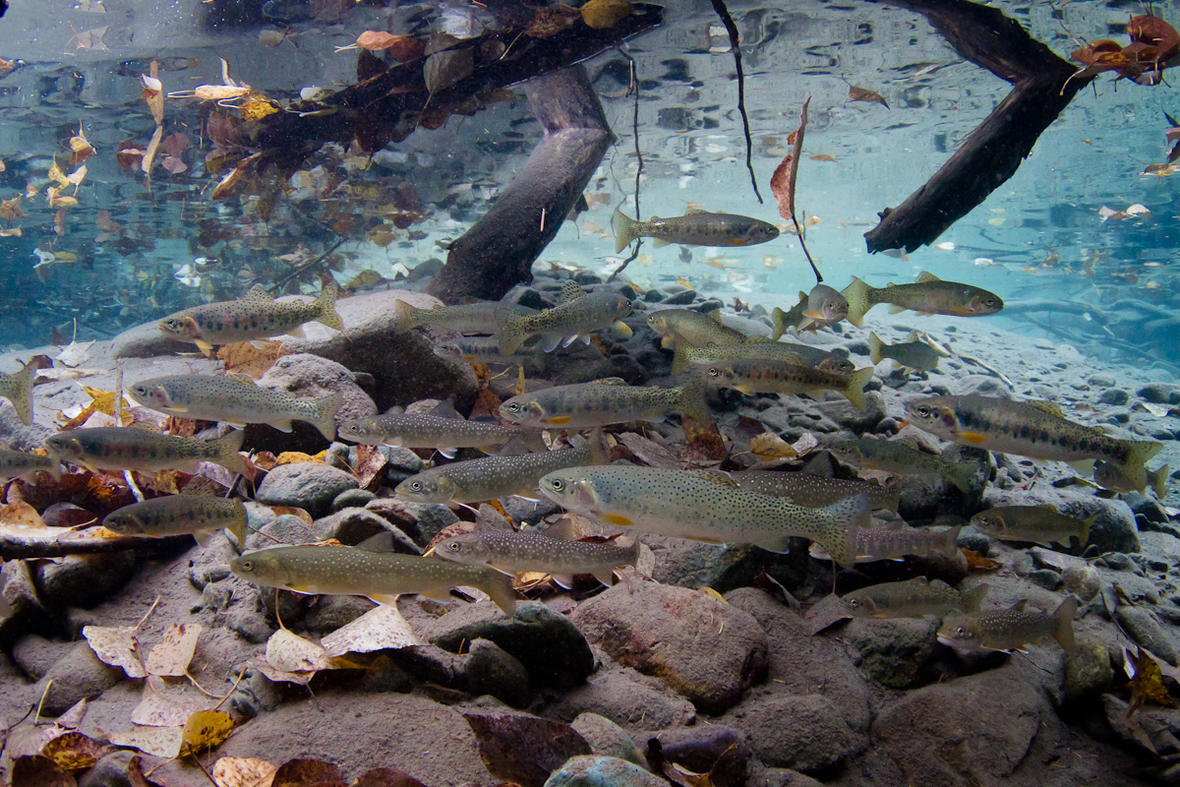The USGS National Wildlife Health Center, in partnership with the USGS Climate Adaptation Science Center Network, is leading a one-year project to understand and prepare for emerging challenges related to fish and wildlife health, disease, and climate change across North America.
The objectives of this national-scale project are to review and synthesize existing information on the impacts of climate change on fish and wildlife health and disease. Project partners will then use this information to highlight gaps in our current understanding of the problem and identify unique areas of concern.
“Climate change will continue to have significant effects on the health of fish and wildlife,” says Olivia LeDee, Deputy Director of the Northeast Climate Adaptation Science Center. “Understanding future disease risk across the country is crucial for preparing for and potentially warding off serious threats to important natural resources.”
Shifts in temperature and precipitation can increase the physiological stress of wildlife, while changes in the timing of life cycle events (known as phenology) can increase the exposure of wildlife to threatening pathogens. Simultaneously, changes in climate can increase the risk of disease transmission by affecting the range and distribution of diseases and the emergence or altered survival of pathogens. The resulting impacts on the reproduction and survival of some wildlife species could have broad implications, potentially posing challenges to recreationally and commercially harvested fish and wildlife populations, threatened and endangered species, and human communities.


